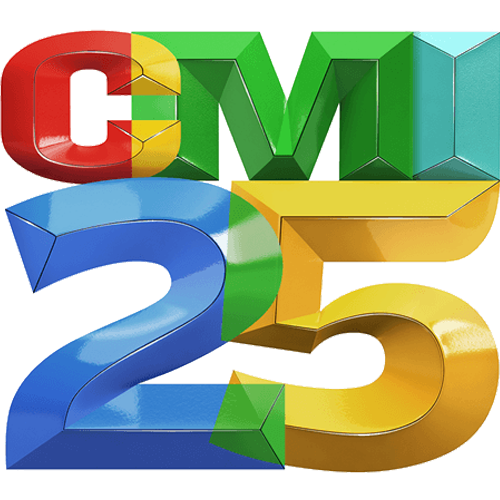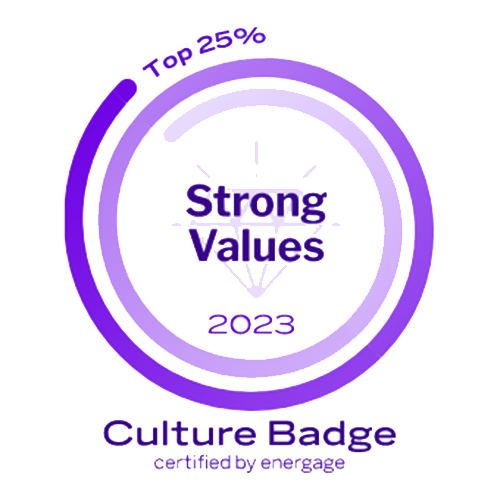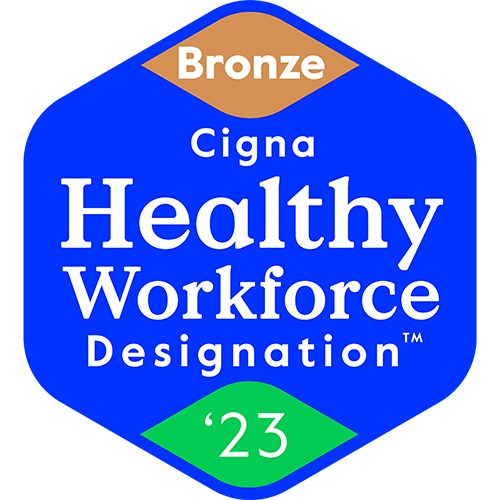Anyone who has ever planned an event knows that event planning is stressful. In fact, if you’ve ever read one of those “most stressful job” lists, event planning usually ranks in the top 10, if not the top five. One of the reasons for the stress? The focus of the event isn’t always necessarily clear starting at the top, and between planning with no direction and conversing with multiple teams, by the time event planners are in the-know, they’re working in the weeds. That’s where building an event strategy framework can help create clarity right from the get-go.
What is an Event Strategy?
Quite simply, it’s an intentional plan that includes the consideration of goals, outcomes, and a vision for success. While not everyone plans an event exactly the same way, taking a strategic approach is critical—otherwise planning from the top down can lead to false starts, overlapping efforts, and an exhausted planning team with misaligned goals by the end of it all.
We like to think of an event framework like the classic hero’s journey: You go on an adventure, learn a lesson, save the day, and return a hero who has undergone a transformation. It’s clear where you’re heading and what the end result should be right from the onset.
Event Strategy Factors to Consider
When getting into the framework headspace, keep in mind that your event strategy will change from event to event, and that outside influences and their impact should be taken into consideration.
This can include factors like:
- What’s happening in your company?
- What’s happening in the world?
- How have your products or services changed?
- What do you want to do with this event?
- Who are your attendees?
Using Event Strategies for Desired Outcomes
Here’s three examples that show how creating an event framework around each event is influenced by both external and internal forces for different organizations:
- Organization A has been disproportionately impacted by the coming recession and is looking to cut costs while planning an event. They could be thinking about the guest list and who really needs to be on it. Can they pare it down? Can the event be one day instead of two? Can they book a more modest venue? One of the primary considerations as they plan their event is then going to be how budget impacts the strategy of their event.
- Organization B has experienced a new leadership change, which means executives don’t know the attendees and attendees don’t know the executives. Part of B’s strategy should be making sure to establish that they’re credible by showing they have a cohesive leadership team and a vision for the future—because people engage with inspired leaders.
- Organization C is a growth organization, and everyone is new and no one really knows one another. Part of C’s strategy might be around establishing a culture—because events have cultures too. Through an event framework, you can create a sense of community with new attendees and re-establish company values.
In Patrick M. Lencioni’s The Advantage: Why Organizational Health Trumps Everything Else in Business, he emphasizes how vital it is within an organization for the leadership team to be cohesive and to reinforce the purpose of the organization (or an event) while ensuring the entire team is involved—whether it’s the person with the vision or the person booking flights.
Ultimately, when you’re thinking of these events, keeping the bigger picture in mind can inform an intentional design, creating clarity while involving the entire team.
Create your Event Strategy Framework
To help event planners streamline event strategies, the team at Unbridled has created an Event Strategy Framework tool. This free, easy-to-use online platform can help you stay more focused on the objectives, bringing creativity and joy back into planning events. Create your framework now by using our event strategy template.










